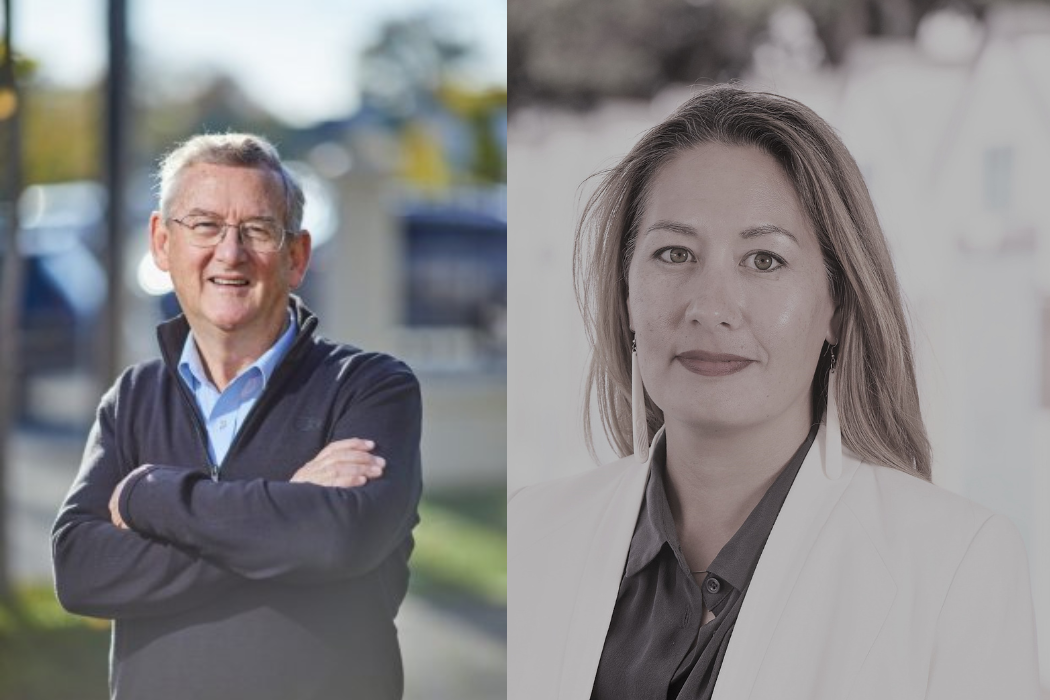Photo caption: Professor Ballantine, Executive Dean of the University of Canterbury Business School, compares leading a business school to a team sport.
“Leading a Business School is a team sport just like elite cycling,” says the Amo Matua | Executive Dean of Te Whare Wānanga o Waitaha | University of Canterbury (UC) Business School.
“In professional cycling the team allows there to be a leader at certain times, but at other times that person is in a supporting role helping others to do well. This is also the way a high-performing organisation should work, because it’s actually about the team and not the individual.”
Professor Ballantine has competed in local 100 km road cycling event Le Race six times; he’s a big fan of Formula 1; and in 2018 he travelled to France to watch the famed Tour de France, so it’s not surprising he draws many parallels between the worlds of sport and business.
“I’ve been a keen mountain biker since I was 16 and have a garage full of bikes,” he says. “It pulls you away from work and enables you to disconnect. It can be something you do socially, or you can just take an hour out after work to ride a track on the Port Hills.”
Professor Ballantine grew up in Christchurch and studied at Lincoln University before completing a PhD in Marketing at UC in 2002. The undergraduate courses he most enjoyed were psychology and sociology and he was drawn to marketing because it is so closely linked to human behaviour and decision-making.
He began lecturing at UC in 2007 and seven years later won a UC Teaching Medal, the University’s highest award for teaching excellence. Despite the leadership responsibilities of the Executive Dean role, he still spends as much time as he can teaching, and values that contact with students. Professor Ballantine’s father was a high school teacher and he has inherited his dad’s determination to give students every opportunity they need to succeed.
It’s a personal highlight when former students contact him to say his teaching had an impact on them and contributed to their careers. “One of the things I’m most interested in,” he says, “is, ‘Are we doing the very best we can for our students, and if we’re not, why not?’ If that wasn’t a top priority for me, then I shouldn’t be in the Executive Dean role.”
He loves what education can do to inspire and uplift people. “There’s so much scope to gain confidence here at university and pursue an area of passion. We are about education and the minute you forget that, you’re forgetting why you’re here. It’s important to have a genuine care for students and how we can set them up for their lives.”
The UC Business School is a great place for budding entrepreneurs to take risks and, if they fail at first, to learn from their mistakes and try again, he says.
The UC Centre for Entrepreneurship (UCE) runs an annual Summer Startup programme giving students the opportunity to develop business and social enterprise ideas during an intensive 10-week programme culminating in a public showcase event.
“We’ve had many commercially successful startups that have come through Summer Startup over the past decade,” Professor Ballantine says. “Some recent examples are voicemail app startup Vxt, composite material company KiwiFibre and sustainable clothing manufacturer Little Yellow Bird. We have amazing business mentors that come in and work with our students and share their insights.
“There are multiple opportunities at UC to work on an idea and get support even after graduation through ThincLab, an incubator which supports and grows student ideas until they’re ready to leave the nest.”
Professor Ballantine is also extremely proud of the UC Business School’s commitment to sustainability. This was recognised recently when the school became the first in Aotearoa to be selected for the new cohort of Principles for Responsible Management Education (PRME) Champions for 2024-2025.
Professor Ballantine says this accolade shows the school is really doing things differently and not just claiming good practice. “Being a PRME Champion means we are inspiring graduates to become future leaders who are able to balance economic, environmental and social goals while considering the UN’s sustainable development goals and their broader impact.”
Alongside promoting sustainability, Professor Ballantine wants the UC Business School to forge even stronger connections with local businesses and industry partners.
“We’re not an ivory tower. A university at its core should be the most welcoming space for any community. The more the UC Business School becomes a hub that people want to engage with, the better it is for us, for our students, and for the community.”
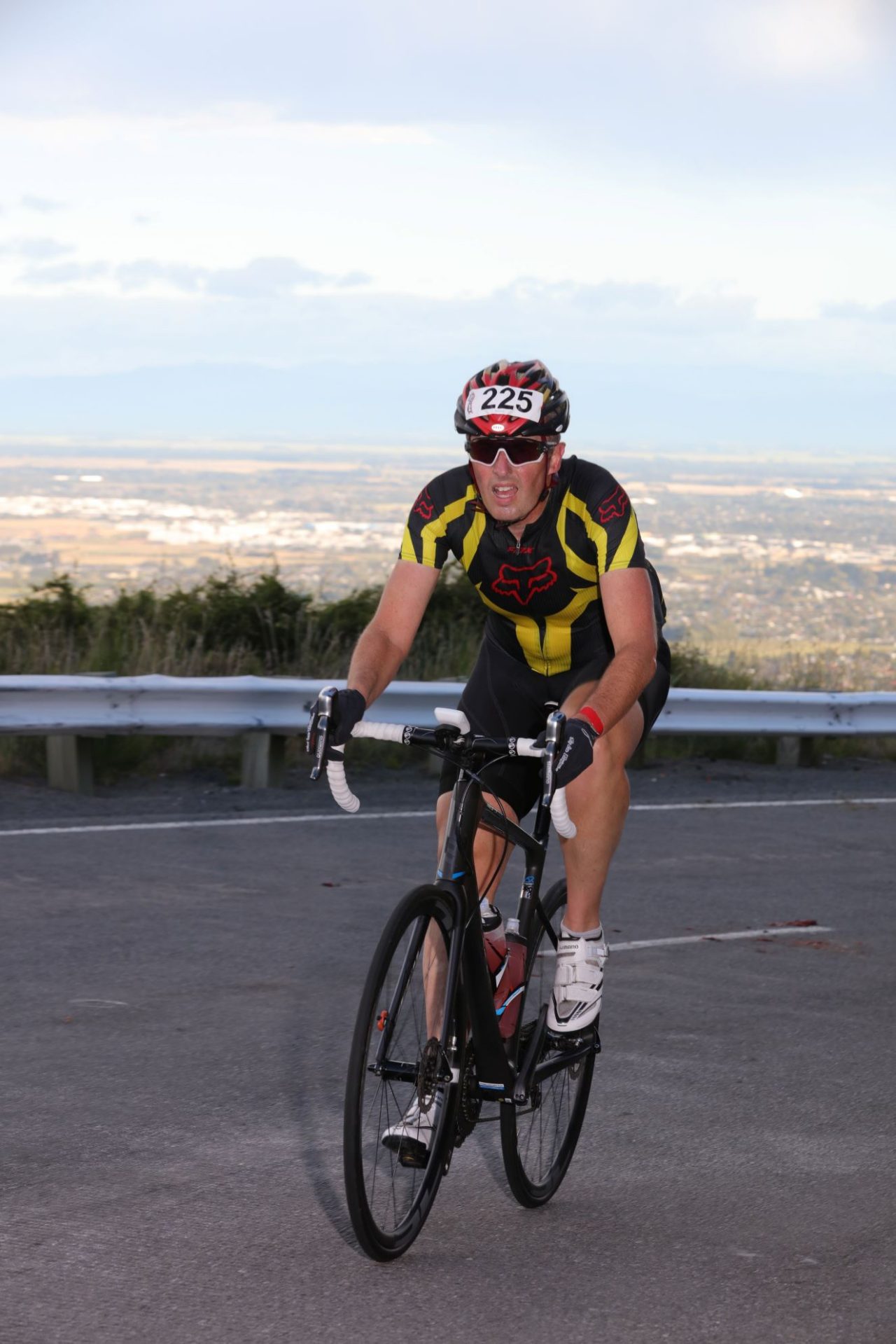 Professor Paul Ballantine is a regular mountain and road biker who has competed in Le Race event several times.
Professor Paul Ballantine is a regular mountain and road biker who has competed in Le Race event several times.
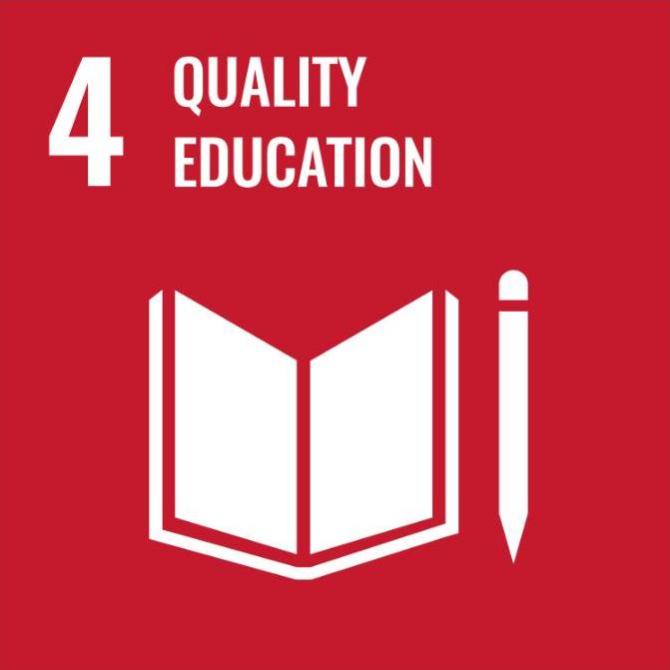 Sustainable Development Goal (SDG) 4 - Quality Education.
Sustainable Development Goal (SDG) 4 - Quality Education.


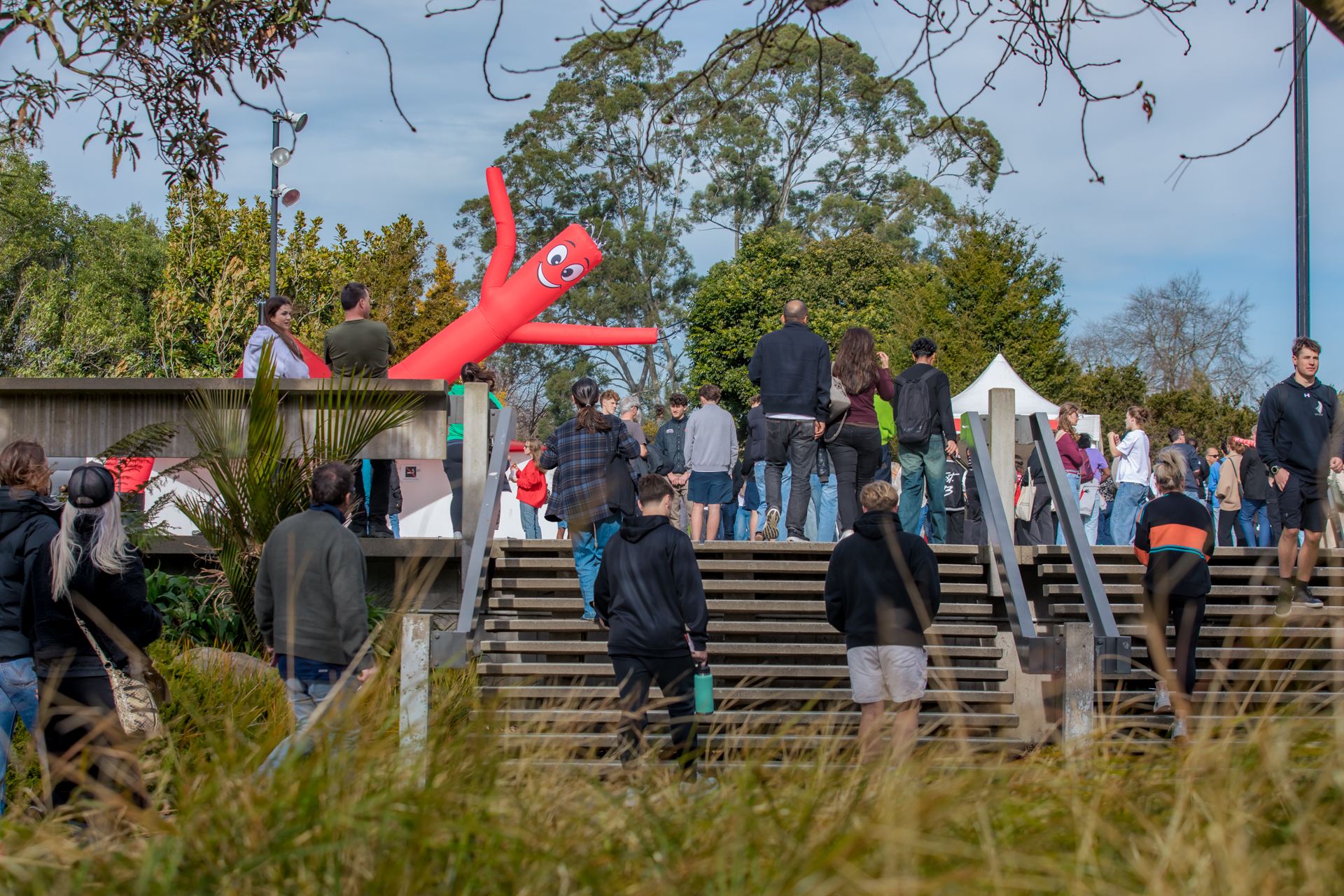
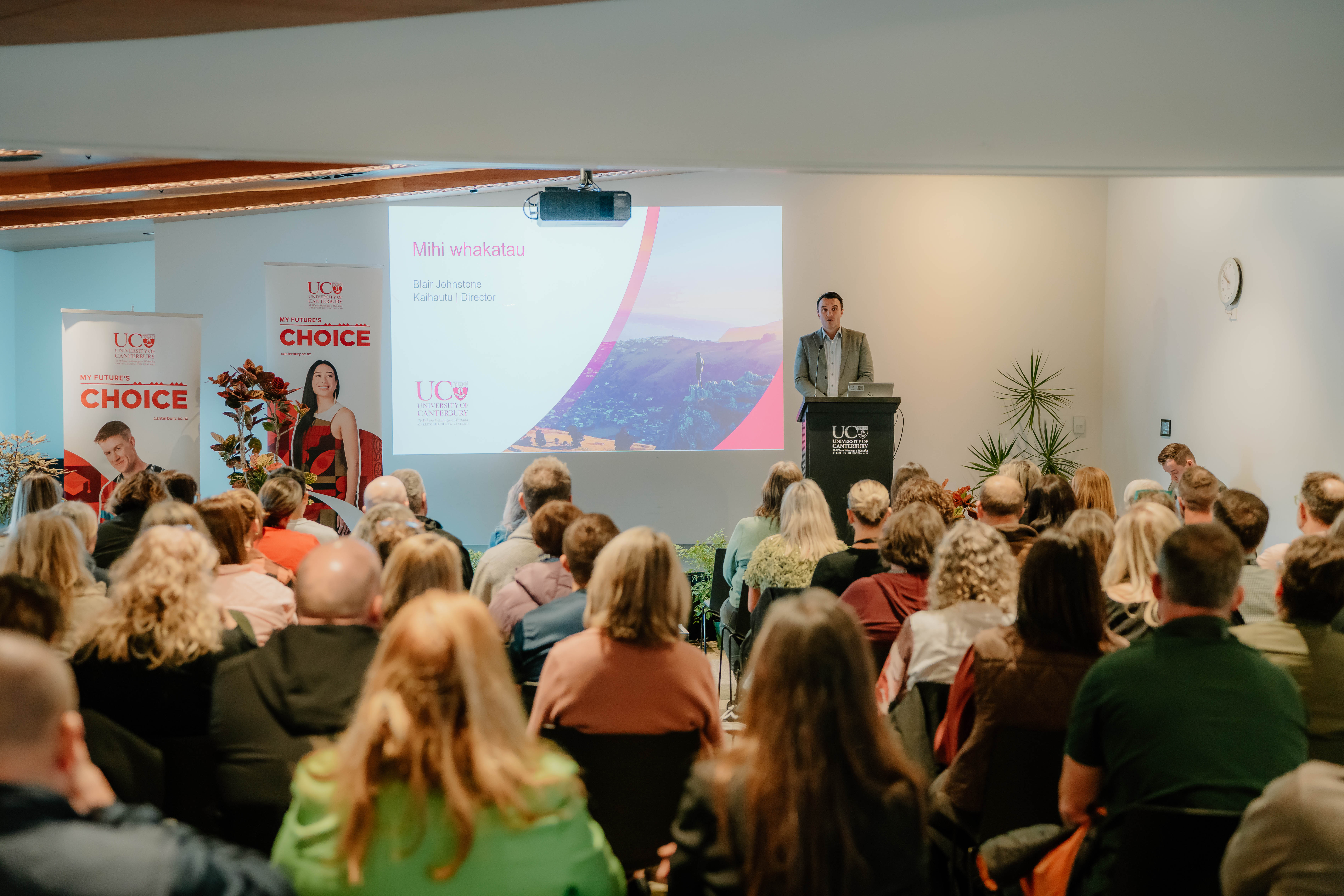
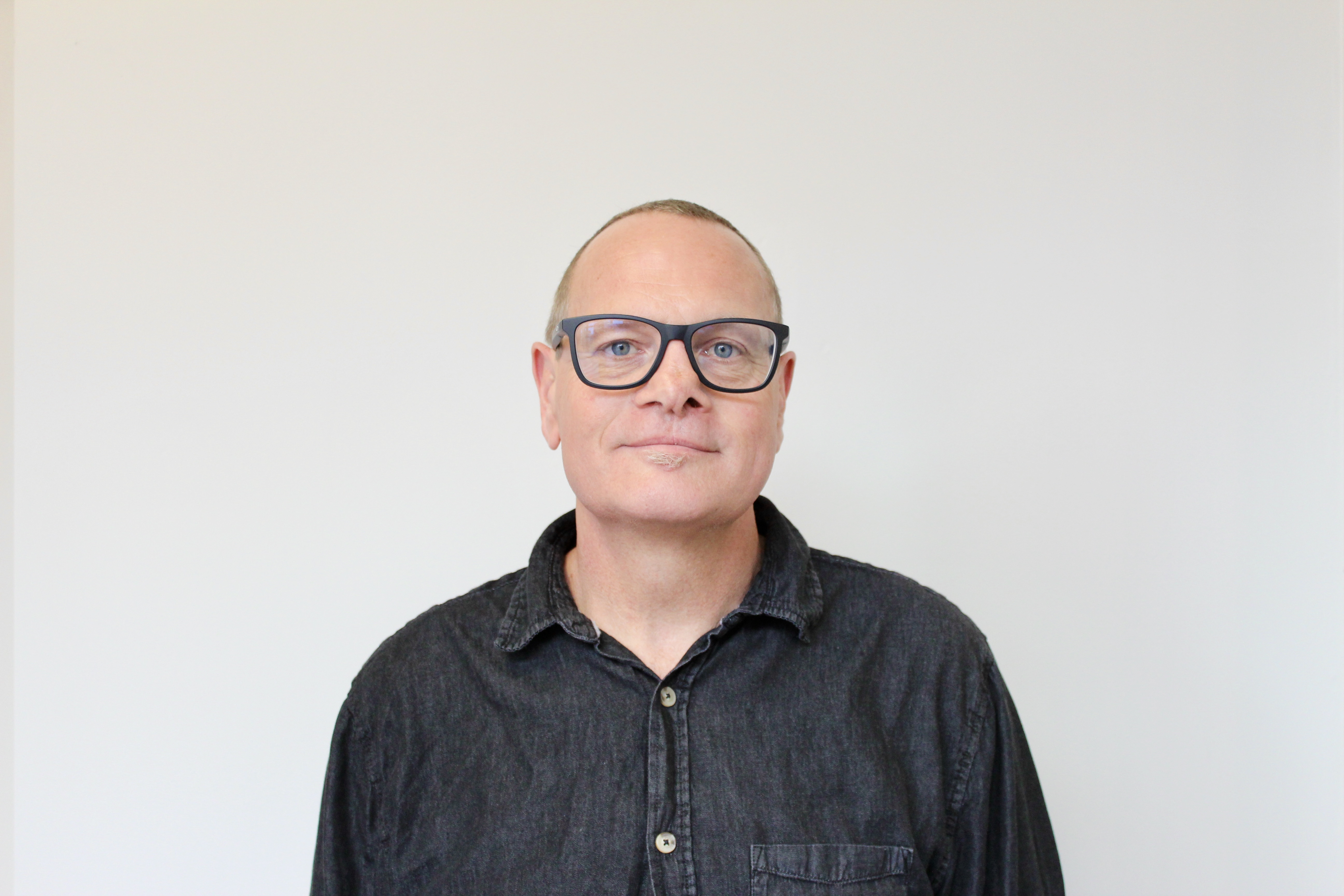
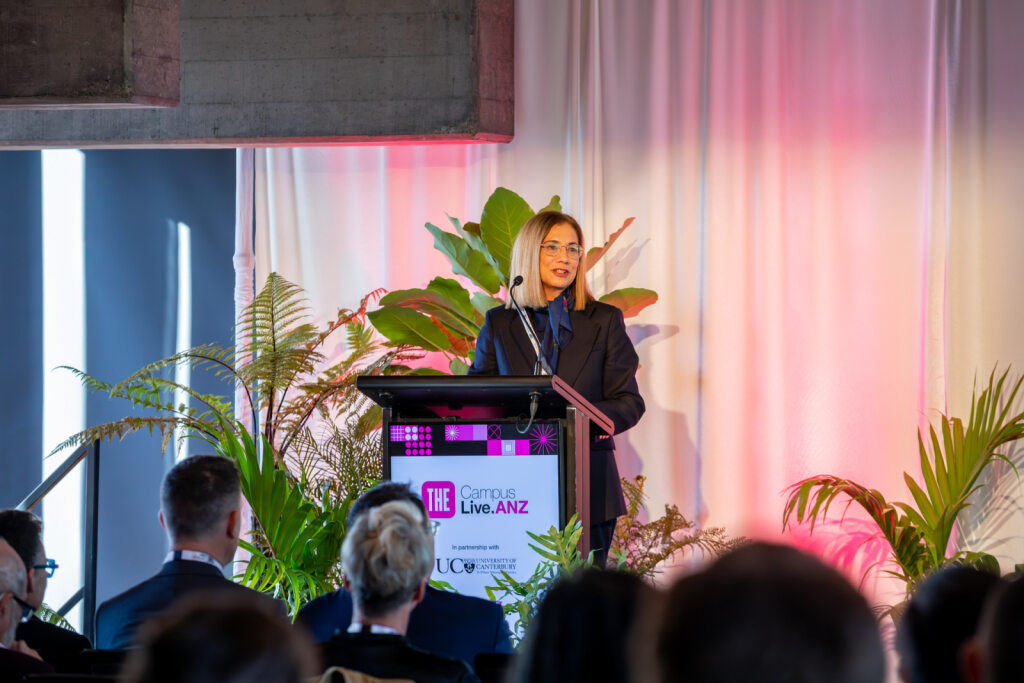
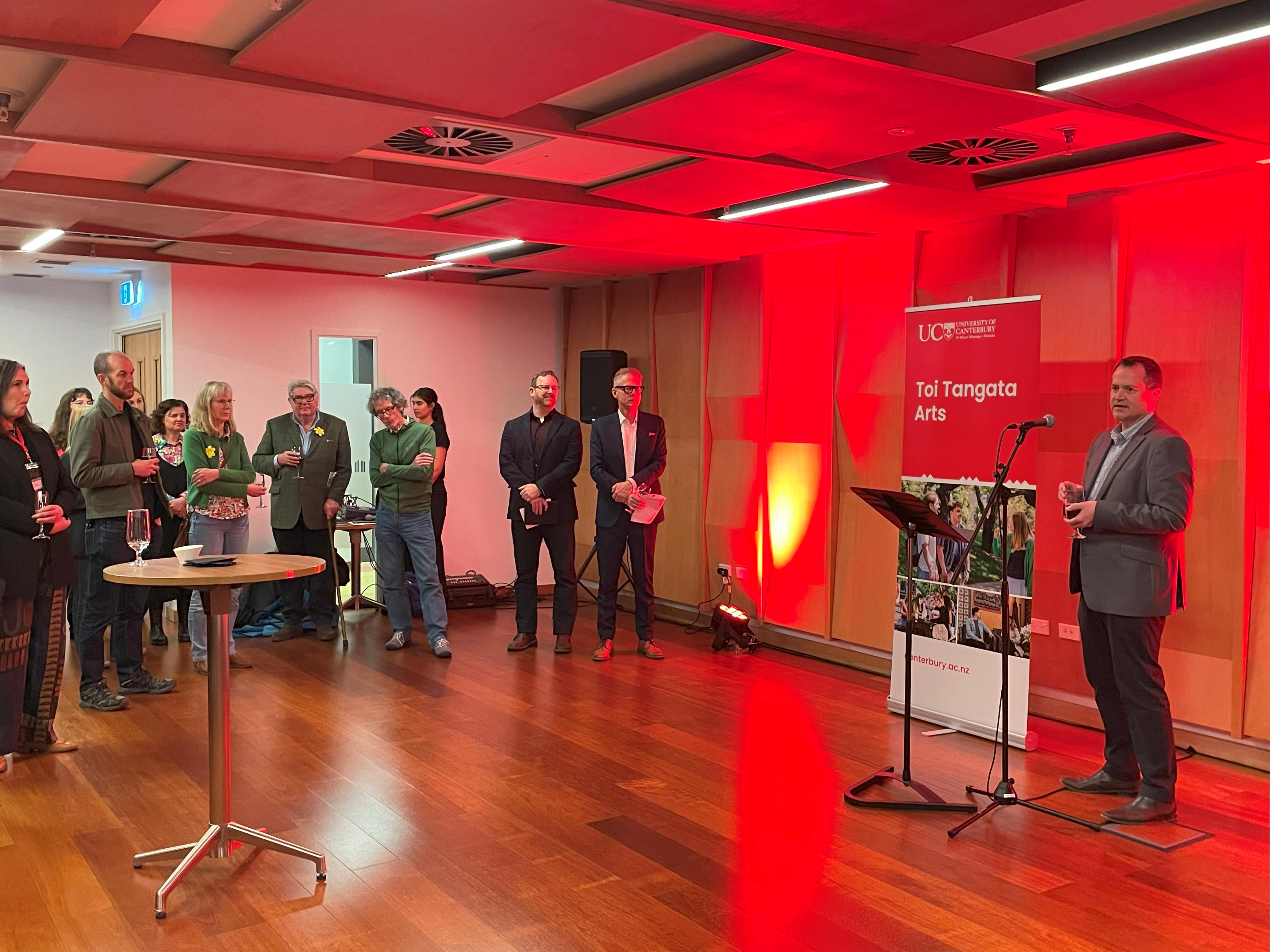
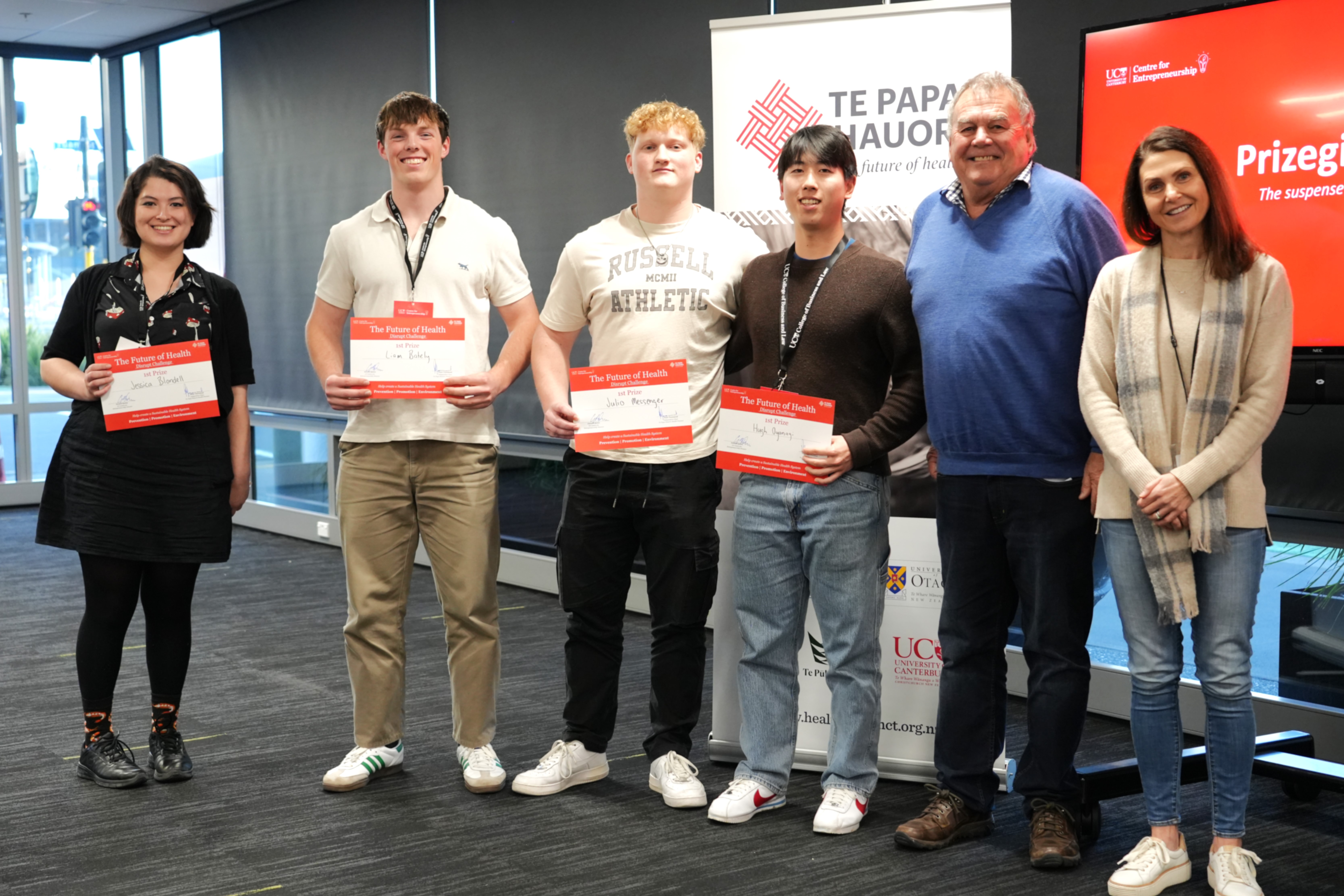
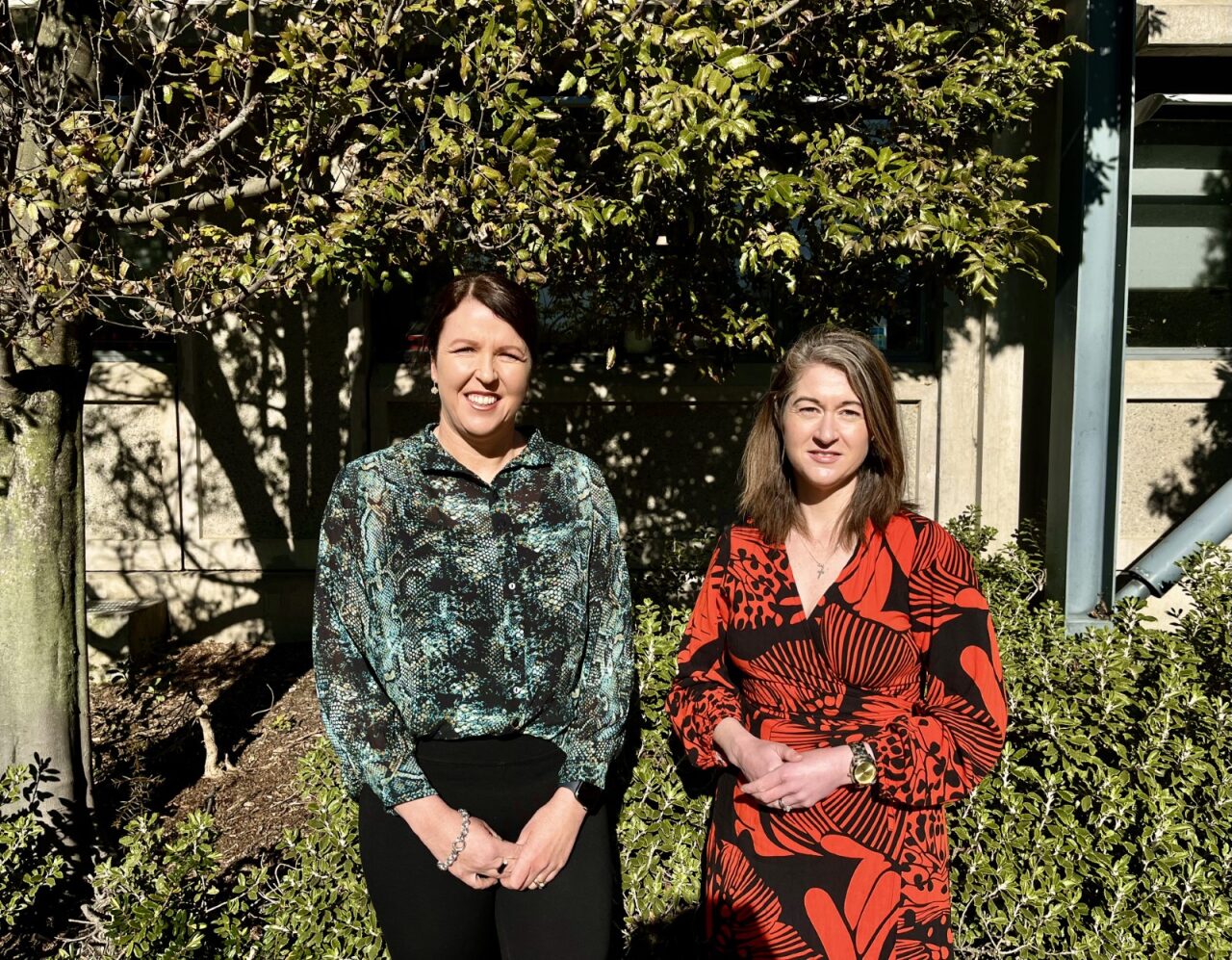
.jpeg)
